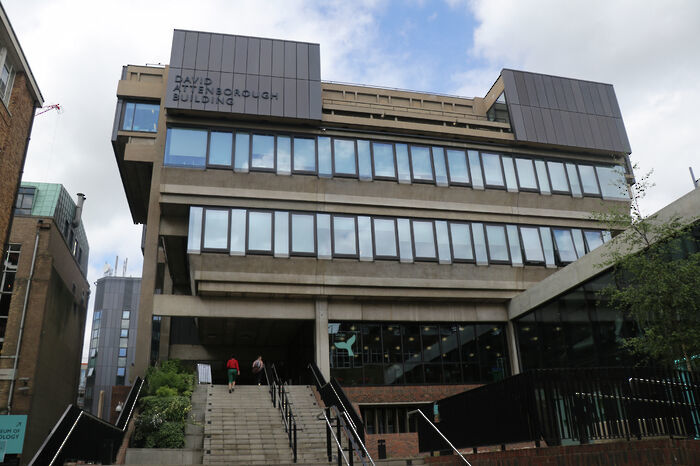Cambridge journal faces backlash for dropping ‘Anglo-Saxon’ from title
One historian labelled the University ‘total drips’ for the decision

The University of Cambridge has been accused of pandering to “mad Americans” after swapping the term Anglo-Saxon out for Early Medieval in a world-leading journal.
During a relaunch announcement on Monday, Cambridge University Press said it was “delighted” to rename Anglo-Saxon England, a journal which has been running since the 1970s, as Early Medieval England and its Neighbours.
The University said the new name reflects the “international, interdisciplinary and rapidly evolving nature of research in this field.” However, the decision has been criticised by Dominic Sandbrook, a prominent author and historian who voiced his concerns to The Telegraph.
“You changed the title because you are total drips and didn’t have the courage to say no to a handful of mad Americans,” Sandbrook claimed.
The term Anglo-Saxon, which typically refers to the Germanic inhabitants of England from the 5th century up until the Norman conquest, has been appropriated by white-supremacists in the United States to describe white people of British origin.
The renaming comes amid a wider debate over whether terms like Anglo-Saxon promote racist ideology. In 2019, the International Society of Anglo-Saxonists voted to change its name to the International Society for the Study of Early Medieval England, “in recognition of the problematic connotations” of its former name.
The decision is one of many being made at the University of Cambridge in efforts to decolonise research. The Cambridge University Library Decolonisation Working Group has been meeting since 2020, and introduced a labelling system last year that flag texts which readers may find offensive.
A spokesman for Cambridge University Press said: “This new journal reflects the international, interdisciplinary and rapidly evolving nature of research in this field. Early Medieval England and its Neighbours will be a forum for high-quality, original new scholarship on England, its closest geographic and intellectual neighbours, and their wider cultural contacts from the 5th to the 11th century.”
“With an international Advisory Editorial Board, open access publication for every author, more frequent publication, and expanded scope, this journal builds on, and goes beyond, the remit of Anglo-Saxon England,” they continued
 Comment / Cambridge students are too opinionated 21 April 2025
Comment / Cambridge students are too opinionated 21 April 2025 Interviews / Meet the Chaplain who’s working to make Cambridge a university of sanctuary for refugees20 April 2025
Interviews / Meet the Chaplain who’s working to make Cambridge a university of sanctuary for refugees20 April 2025 News / News in brief: campaigning and drinking20 April 2025
News / News in brief: campaigning and drinking20 April 2025 Comment / Cambridge’s tourism risks commodifying students18 April 2025
Comment / Cambridge’s tourism risks commodifying students18 April 2025 Comment / Does the AI revolution render coursework obsolete?23 April 2025
Comment / Does the AI revolution render coursework obsolete?23 April 2025






